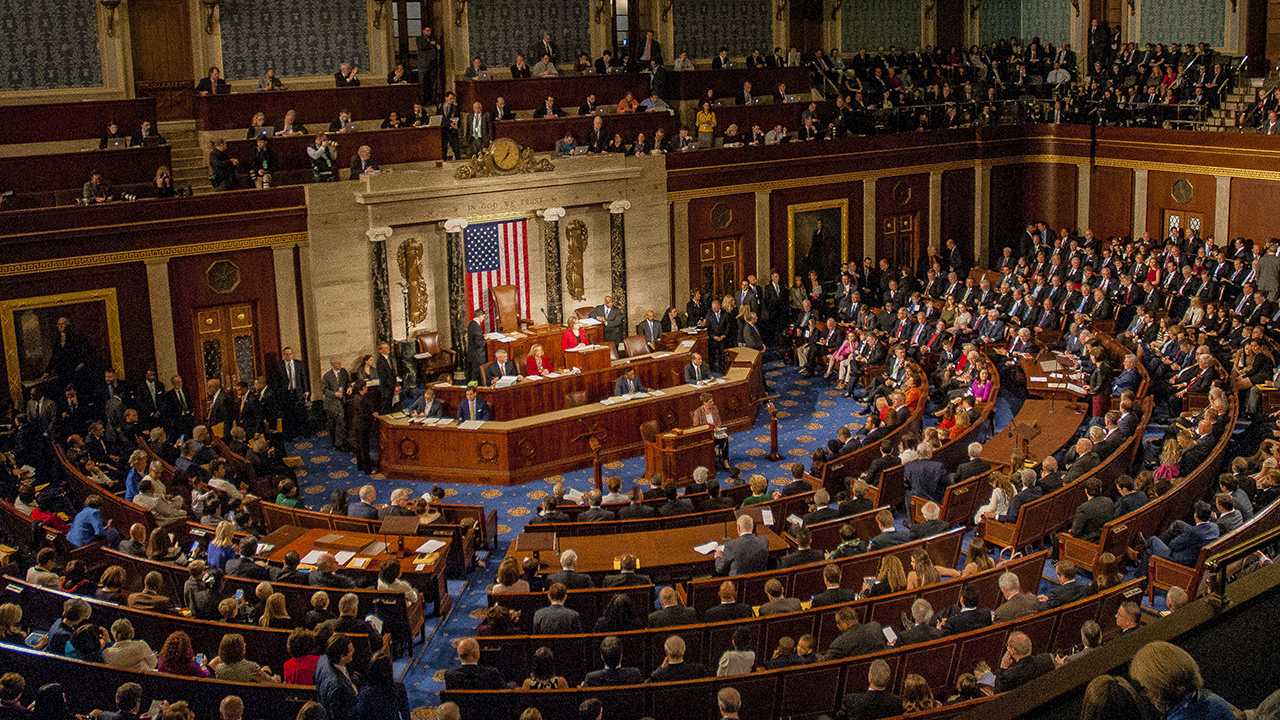On 16 April, the US Senate’s Foreign Relations Committee put its stamp of approval on a Tibet-related bipartisan Bill (HR-533) which was passed two months ago, on 15 February, by the House of Representatives with a near unanimous and thunderous majority (392 to 28). This approval of the Committee practically removes the last hurdle towards the passage of the bill into a law that will pave the way for America and encourage the world community to reject and challenge the ‘One China Policy’ of President Xi Jinping and his Chinese Communist Party. Once passed and signed by President Biden into a US law, it is bound to give new hope to people of Tibet, Xinjiang, Hong Kong and millions of others who are colonized by China. This bill formally announces Tibet as an ‘Occupied Country’; CHOLKA-SUM as the ‘Real Tibet’ and tells the world that the Dalai Lama and the people of Tibet have the exclusive right to decide about the next Dalai Lama and all future reincarnate Tulkus.
In response to President Xi’s ever-increasing bullying behaviour and his challenge to the rule-based world order in general and the super power status of the United States of America in particular, the resolve of the US policy and strategy-makers at the Capitol Hill in Washington too seems to have started shifting gears. This bill proves beyond doubt that the US has started not only to stand up to President Xi Jinping’s bullying ways but also to hit his communist regime where it hurts the most. A similar series of bills and resolutions on Xinjiang, another colony which China occupied two years before Tibet in 1949 and renamed it from ‘East Turkistan’ to ‘Xinjiang Uyghur Autonomous Region’ (XUAR), too reflects USA’s new approach towards challenging Xi’s bullying ways and his ‘One China Policy’. The current Tibet related bill further strengthens and sharpens the US Congress’ earlier ‘Tibetan Policy Act of 2002’ (TPA-2002) which was later revised in January 2020.
This bill is a decisive response to President Xi and China’s six-decade-long aggressive campaign to make the world believe that the geography of ‘Tibet’ is limited only to ‘Tibet Autonomous Region’ (TAR) which Mao had created by reorganizing occupied Tibet in 1965. In the ‘Definition’ part (Section-622) of this bill, the US Congress has removed whatever ambiguity has been created by China on formally defining what constitutes the real ‘Tibet’. In the two parts of this section, the Bill makes it clear that the term ‘Tibet’ refers not merely to TAR alone but also includes all those parts of Tibetan provinces of Kham and Amdo which were scooped out of Tibet and distributed to adjoining Chinese provinces of Yunnan, Sichuan, Gansu and Qinghai. It is worth noting that the dialogue process between the exiled Dalai Lama and Beijing has remained stalled since late 1970’s simply because China has been consistently insisting that only TAR means ‘Tibet’ whereas the Dalai Lama and his representatives have been insisting on including Kham and Amdo also in the negotiations as integral parts of Tibet. Hence, while this new US assertion on geographic definition of Tibet will add to the moral strength of Dalai Lama and fellow Tibetan people, it will also irritate President Xi enormously.
This bill reflects a qualitative change in the US approach towards Tibet and China. It removes the ambiguity and half-heartedness which was visible in the conduct of most of previous US governments in their approach on the Tibetan cause. Just two examples should be enough. One is the oft repeated statement of many US Presidents and other US leaders whenever they were confronted by their Chinese counterparts on the issue of Tibet. The stock US response used to be that, “No policy of the US administration is based on the assumption that Tibet is not a part of China.” The other example is the funny, rather timid act of President Barak Obama on February 19 in 2010 when, just to avoid the media cameras and the causing subsequent annoyance to the Chinese government, he walked the visiting Dalai Lama to the back door through the passage strewn with packed dirty laundry bags of the White House.
However, in sharp contrast to the previous ambiguity, the present bill and its larger form ‘Tibet Policy Act 2002’ (amended and passed in 2020 and also known as ‘HR-4313’) demonstrate a three pronged change in the US policy towards China on the issue of Tibet. The first and the most dramatic of these changes is the reaffirmation that “Tibet is an occupied country under the established principles of international law.” The second is the US government’s decision to openly support the Dalai Lama; the ‘Gaden Phodrang’, the national trust which acts as the supreme repository of Dalai Lama’s authority; and the Dalai Lama’s representatives as the final authority to decide about Dalai Lama’s next reincarnation. In the amended 2020 form of this bill, the US Congress has also added the ‘democratically elected leaders’ of the Tibetan diaspora to this list. This change not only gives the elected ‘Sikyong’ (President) of the Central Tibetan Administration (CTA) the authority to participate in the installation of next Dalai Lama but also to hold dialogue with the Chinese government about the future of Tibet. In practical terms this gives de-facto recognition to the CTA as the ‘Government in Exile’ of Tibet.
And the third is that these bills make it statutorily binding on all future US Presidents and US Administrations to take active action against China’s objectionable acts like imposing a Dalai Lama of its own choice on the people of Tibet. The current bill reiterates the US position both on the reincarnation of the Dalai Lama as well as on the settlement of the Tibetan issue between the Dalai Lama and Beijing through dialogue as expressed in the last HR-4331 which has already become a law of the US following its bipartisan passage in both houses of the US Congress and signing by President Donald Trump. The current bill takes it a step further by adding that China should start the dialogue without any pre-conditions. The earlier dialogue process has remained log jammed since 2010 because the Dalai Lama refuses to accept China’s condition to admit that Tibet has been a part of China since ancient times.
Another part of this bill which marks a decisive shift in the US policy on Tibet and towards China is the US Congress’ new resolve and enthusiasm to counter Chinese propaganda regarding Tibet. The bill commands and authorizes the US government and its agencies, which deal with China, to fight the disinformation and propaganda of the Chinese government and the Chinese Communist Party about the history of Tibet, the Tibetan people, and Tibetan institutions including that of the Dalai Lama.
After the clearance of the US Senate’s Foreign Relations Committee, the current bill is bound to be passed by the Senate and signed by President Biden to make it into law in the near future. This is bound to irritate and provoke President Xi who has always demanded the world to accept that both Tibet and Xinjiang form ‘Core’ interests of China and are therefore non-negotiable issues for him and the Chinese Communist Party. More than anything else, this is going to be the first time Xi’s idea of ‘One China Policy’ will be challenged so openly and aggressively. The world it going to watch keenly how he reacts to this diplomatic surgical strike of the US Congress as this issue has the potential to explode into an international tsunami. And for the Tibetan people, this new US law is going to open a new world of hope where the concept of keeping the entire Cholka-Sum has good chances of becoming a reality and the world starts gaining strength to challenge Xi’s idea of a ‘One China Policy’.
Vijay Kranti is a senior journalist and Tibetologist. He is Chairman, Centre for Himalayan Asia Studies and Engagement (CHASE)

 Join Daily Trust WhatsApp Community For Quick Access To News and Happenings Around You.
Join Daily Trust WhatsApp Community For Quick Access To News and Happenings Around You.


